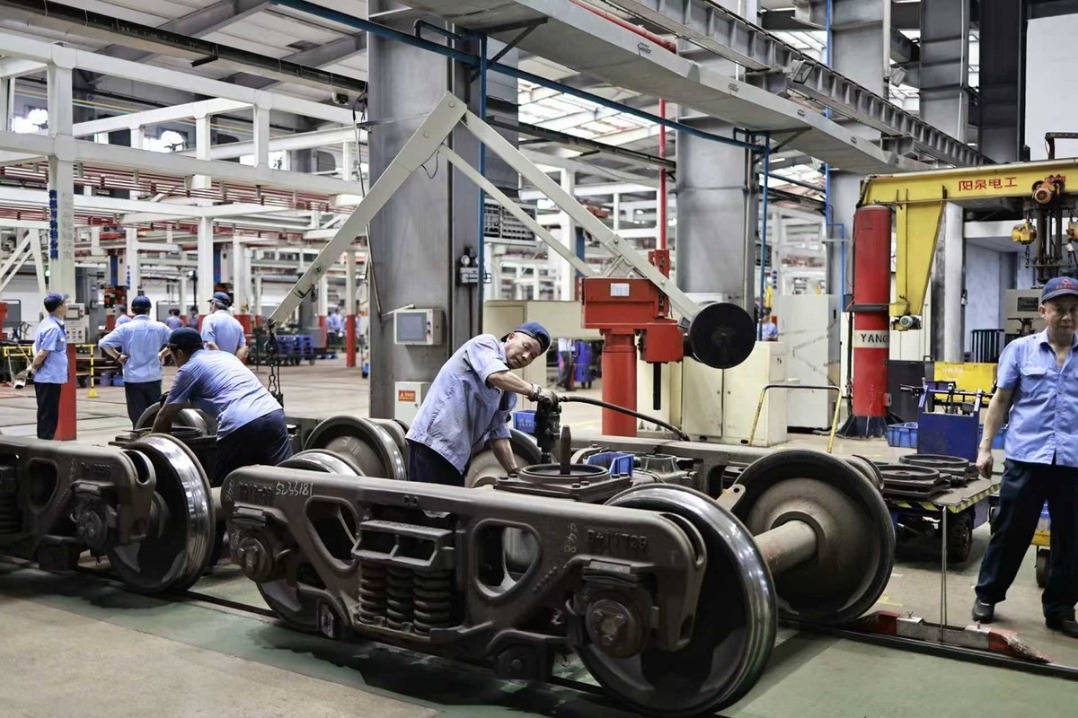Chinese scientists enhance antibacterial performance of titanium implants

BEIJING -- Chinese scientists have discovered a way to improve the antibacterial performance of titanium biomedical material used as dental and orthopedic implants.
Titanium is one of the most widely used materials for medical implants because it has excellent biocompatibility and strength. However, titanium and titanium-based materials lack any anti-bacterial capacity, resulting in a risk of bacteria infection after implantation.
Previous strategies such as anti-bacterial coatings and UV lighting were designed to kill bacteria.
Researchers from Beijing Institute of Nanoenergy and Nanosystems, Chinese Academy of Sciences (CAS), Shenzhen Institutes of Advanced Technology, CAS as well as City University of Hong Kong have developed a method to improve biomedical titanium's anti-bacterial properties.
Titanium gains a strong ability to kill surrounding bacteria after an external electrical current is applied. After the charging, the biocompatibility of the material remains unchanged.
The research was published on the journal Nature Communications on May 24.
The research provides insights into the use of electricity to improve biomaterials as a complement to other antibacterial measures.
This approach is promising for clinical application, according to Feng Hongqing, one of the researchers.
"We can apply electricity to the titanium material before implantation into the body. The enhanced antibacterial performance will reduce postoperative infection risk," Feng said.
- Media center for victory anniversary events to open on Aug 27
- Rabbits and cavies in spotlight at Shanghai Pet Fair Asia
- Over 800m railway journeys made during China's 2025 summer travel rush
- Second round of recall votes targeting Kuomintang lawmakers fails
- Audit finds disbursement of pension benefits to deceased individuals in Shandong
- China's new deep-sea explorer Haiqin completes mission in South China Sea





































